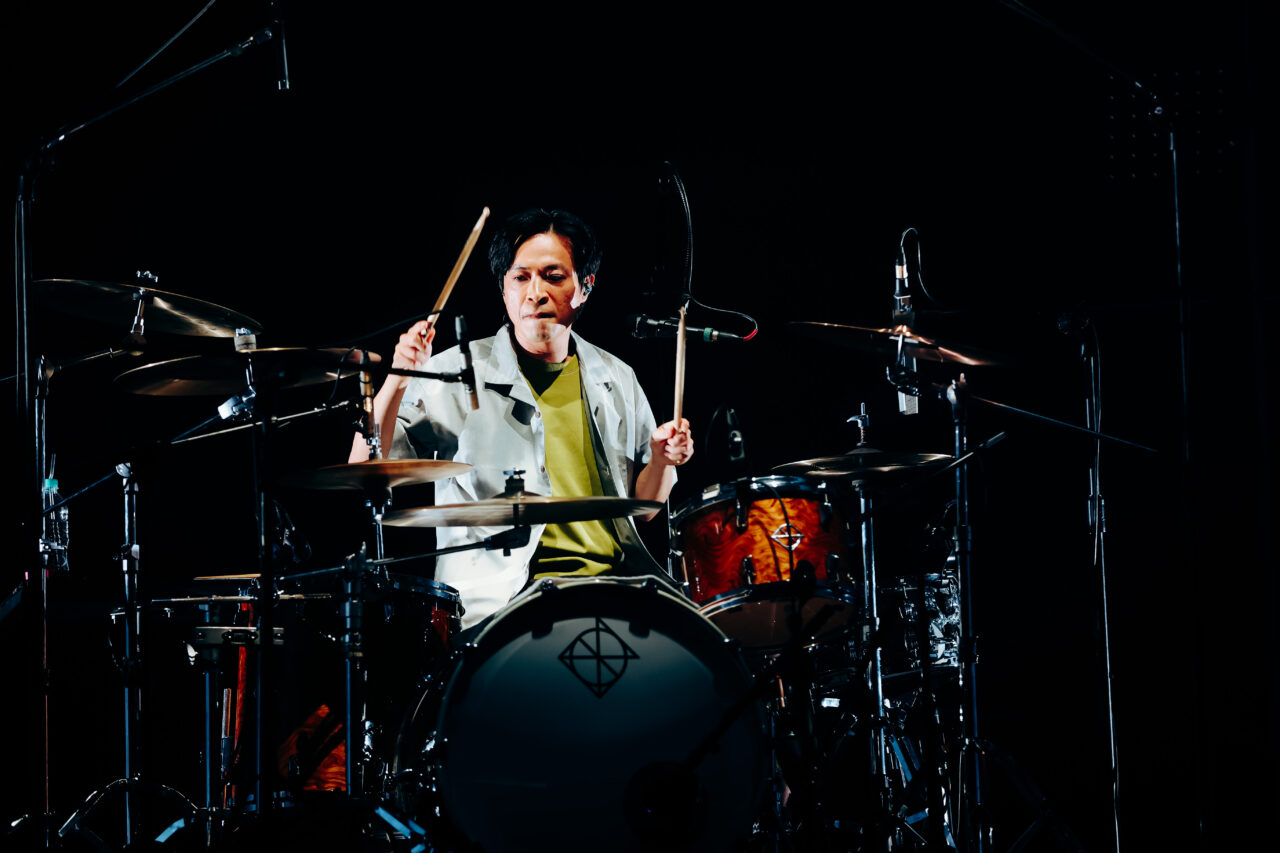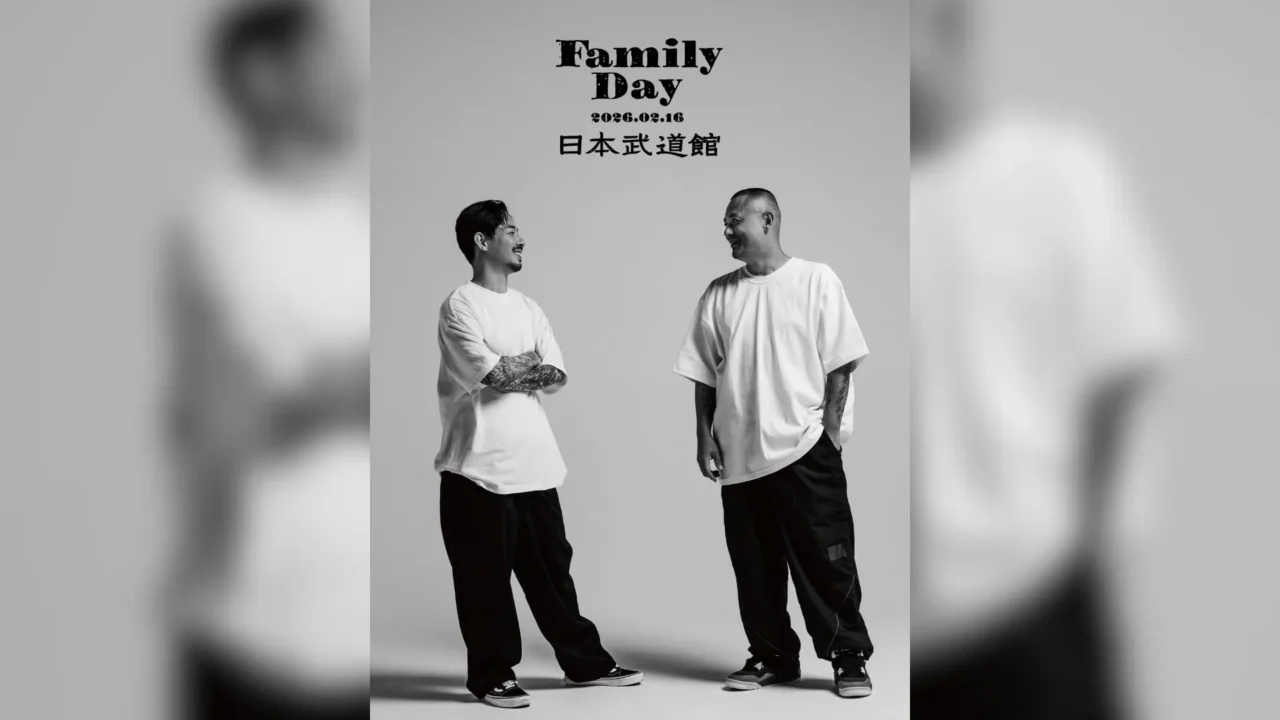INDEX
Two Decades of Existence: The Importance of Communicating in Taiwanese
I would like to ask again why Sorry Youth sings in Taiwanese. Since forming in 2005, all of your lyrics have been in Taiwanese, and the MC for your one-man live show at the Taipei Music Center in August 2024 was conducted entirely in Taiwanese. I understand that Taiwanese is the second most spoken language and that there is a movement for the preservation of native languages, but I believe that Taiwanese is closely connected to your band activities and expression. You all originally hail from Kaohsiung City, Taiwan, right?
Chung-Hann: That’s correct. Since childhood, my grandparents and parents spoke Taiwanese at home, so I naturally picked it up. I learned Chinese at school, so I can certainly speak it, but I feel that the vocabulary differs between the two languages. Chinese tends to have more practical words related to daily life, while Taiwanese has many words that are somewhat disconnected from current life and trends. However, because of that, I believe it leaves more room for imagination and allows for richer emotional expression.
Kaohsiung is a city in southern Taiwan known for its high usage of Taiwanese.

Weni: Expressing ourselves in Taiwanese can be seen as a form of rock in its own right. Over the past 400 years, Taiwanese has undergone a unique evolution, beginning with the migration of our ancestors from Fujian Province in China and passing through distinct historical periods, including the Zheng regime, Qing Dynasty, and Japanese occupation. Following World War II, Mandarin Chinese was designated as the national language, effectively prohibiting the use of Taiwanese and resulting in a history of political repression. Nevertheless, trailblazing musicians like Lin Qiang and Wu Bai have composed remarkable songs in Taiwanese, maintaining their cultural identity. Now that we are in a free era, we aspire to carry on that rebellious spirit and essence.

I see, so the relationship between Mandarin Chinese and Taiwanese isn’t simply a matter of primary and secondary dialects, like standard Japanese and Kansai dialect. Do you have a favorite Taiwanese song?
Giang Giang: I really like ‘Chang Tu Dian’ (Long Distance Call) by the band Windmill. It tells the story of a boy who leaves his hometown to find work and struggles with day labor, constantly searching for someone back home to call long-distance and share the hardships of his life.























